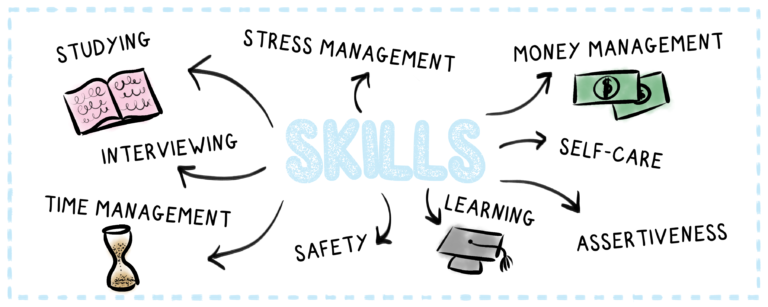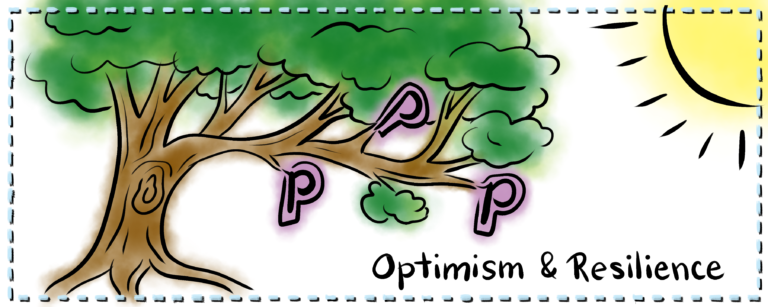Oh, hey! Welcome to the community!
As Residence Life practitioners, we seem to be constantly looking to evolve our interview questions. The hard part of our recruitment and selection process is that you’re looking for a diverse group of individuals, so finding questions that showcase the assets and gifts that applicants will bring is difficult. It’s often the reason we resort to a group interview process; it gives us greater insight into the human behind the prepared interview responses. In a survey we conducted last year with our clients, we asked what methods you use to interview applicants. 100% of respondents said they use formal interviews to assess clients. It seems that a tremendous amount of value is placed on that individual interview, so how can we set ourselves up for an interview that shows the true person sitting in front of you?
Empathy and Interviews
Empathy is a key trait of a successful RA. It is promoted through active listening and intentional interactions. We preach and teach the importance of listening, making the resident feel heard, and providing options rather than advice. So, why aren’t more schools modeling this in their interview questions? Probably because it’s not easy and it’s not a well-known interviewing technique.

The success of empathy interviewing comes from getting to the genuine, authentic, from-the-heart answer.
Reasons for Empathy Interviews:
There is an excellent article by Lorca Lokassa Sa about Empathy Interviews in relation to Design Thinking and, fortunately, many of the strategies that are discussed in the article apply to Student Affairs interviews. In the article, Lokassa Sa identifies 7 reasons why empathy interviews are important:
- The applicant is able to articulate what is important to them.
- They focus on skills valued by residence life professionals, such as the emotional and subconscious skills of the applicants.
- They use behavioural-based questions, allowing you to gain information about the applicant’s behavior in different or specific situations/environments.
- You can often gain insight into stress-inducing situations or weaknesses by the candidate’s reaction to situations or examples. This insight is harder to attain through a question like “tell me about 3 of your weaknesses.”
- Empathy questions challenge the interviewer to think outside the box when creating the questions. This can make it more difficult to prepare for the questions and, therefore, you’re more likely to get genuine responses.
- We want our staff to make residents feel at ease and share openly. Empathy interviews encourage and elicit the same feeling with your applicants. Hopefully, this results in honest and genuine answers.
- The interviewer has the ability to assess the body language and reactions to the questions.
But How?
It’s easy to argue for the merits of empathy interviews, but how do you make it happen? The process for developing questions does not change, but the way you conduct your interviews does. Allow your interviewers to veer off-script and permit interviewers to ask follow up questions. As mentioned previously, the success of empathy interviewing comes from getting to the genuine, authentic, from-the-heart answer, and you can’t always do that with a single question.
You’ll also need to think about your rubrics. Traditional interview rubrics typically only assess the facts in the content of the applicant’s answer. In order to utilize the information from your empathy interviews, you’ll also need to take into consideration the tone, body language, and mannerisms of your interviewees. You’ll also need to take into account that these things are subjective, so equity literacy training may be needed to recognize where bias may play into the equation.
Good Luck!
In the end, empathy interviews are intended to create a comfortable environment that allows you to see a genuine and authentic picture of the applicant. The training may be more intensive, and the prep may take a bit longer; however, your programme will benefit from having a more holistic view of your applicant pool. It requires the interviewer to be present and invested in the conversation as you’re looking at more than just the words that are being said. As such, it can be helpful to interview in pairs and designate one person to be the note taker and the other to facilitate the conversation. This interview design may allow you to eliminate some of the other more traditional aspects of Residence Life interviewing that were used to assess authentic reactions to situations. In the end, making the switch to empathy interviews will hopefully give you a better picture of your applicants and improve the efficiency of your process.
Welcome to the community. We’re glad you’re here.






